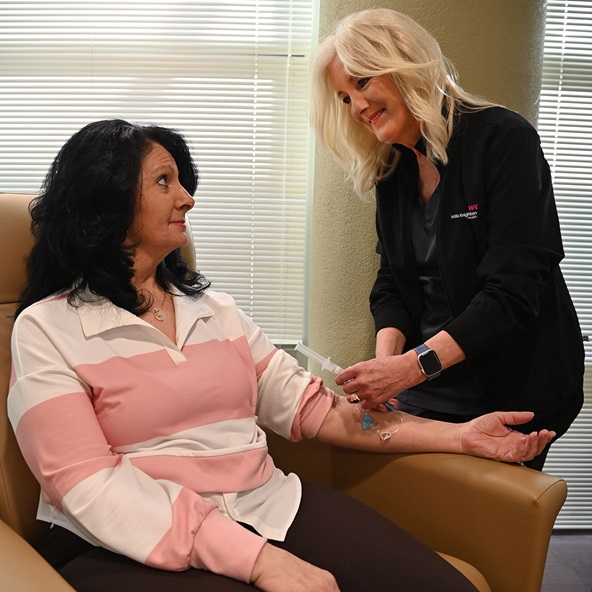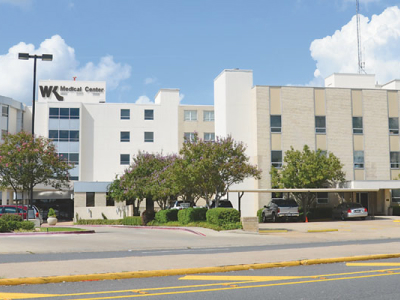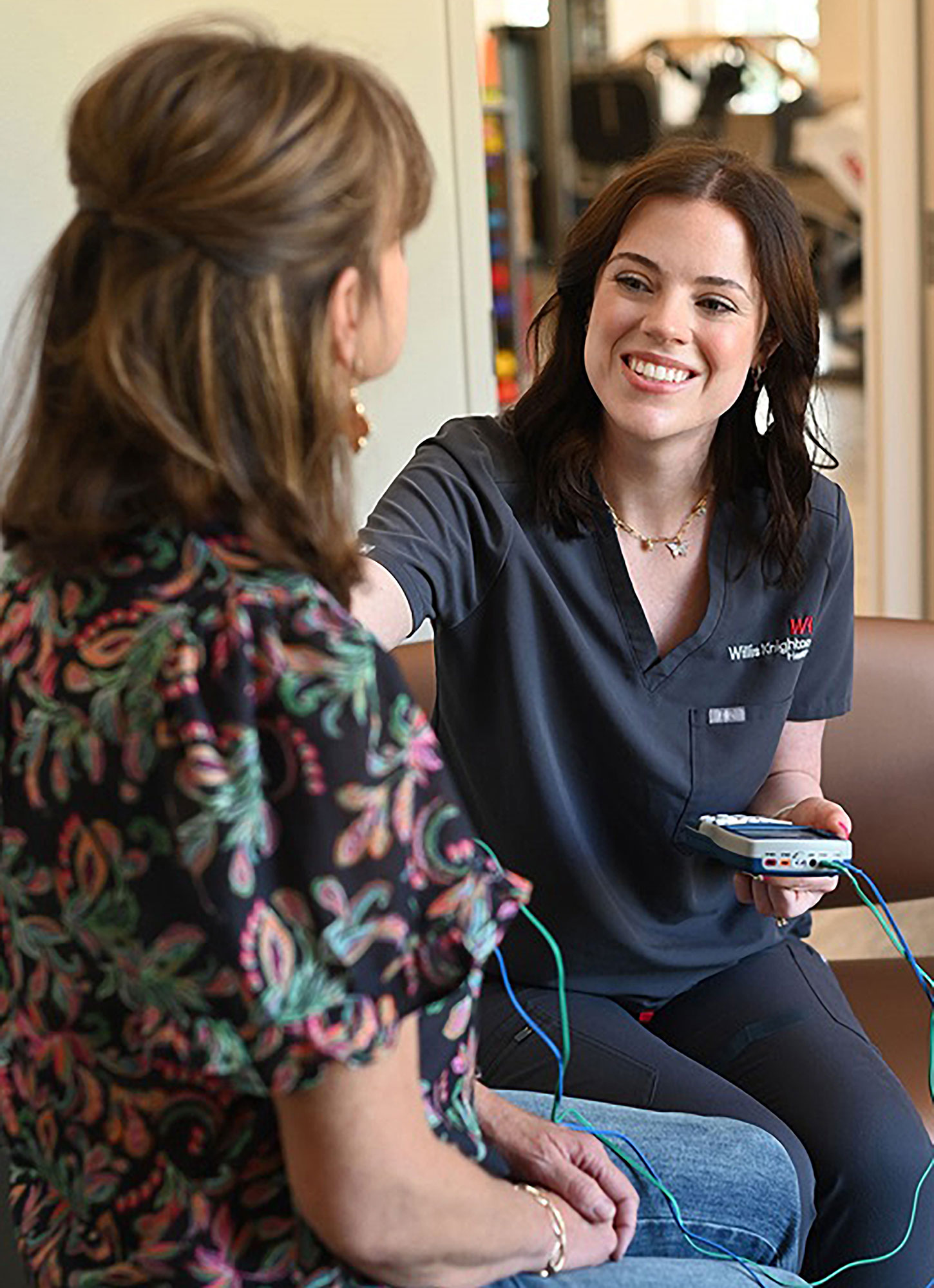Training Requirements
Resident Responsibilities
Clinical Rotations
Each resident completes six structured clinical rotations under the guidance of a supervising clinical medical physicist. The first year focuses on observation and skill development. As you progress, you'll earn credentialing to perform specific clinical duties independently (those not requiring board certification). Resident credentialing is approved by the program director and chief of clinical physics.
In the second year, you'll take on more responsibility by managing independent assignments, while continuing to receive oversight for certain high-risk tasks (e.g., HDR treatments). In these cases, appropriate documentation continues to be approved by both the resident and the supervising medical physicist.
Independent Projects
In addition to clinical work, residents complete a series of in-depth projects that address core areas not covered in daily practice, such as:
- LINAC acceptance and commissioning
- TG-51 calibration
- Nuclear oncology (theranostics)
- Tomotherapy
- 4DCT, motion management and gating
- TG-100 methodology for application of risk management analysis
Each project has a clearly defined scope, objectives and reading list (e.g., AAPM Task Group reports, journal articles, etc.). These projects are designed to be completed outside of assigned clinical duties.
Residents work closely with assigned mentors who give initial instructions, such as the operation of equipment. Your mentor is available for questions and additional instruction or information as needed. Upon completion of your project, you’ll submit a written report that meets the clinical documentation standards of our department with appropriate data.
Additional Learning Opportunities
Residents may also participate in broader clinical initiatives, including:
- Commissioning of new equipment and techniques
- Development and evaluation of new technologies
- Implementation of clinical innovations
Residents may assist with these projects depending on their schedule and responsibilities described above.
Second-year residents are involved in the training of first-year residents as allowed by clinical and project schedules. The second-year resident does not formally oversee clinical duties assigned to the first-year resident but assists in development of skills necessary for completion of projects assigned to the first-year resident (e.g., set-up and operation of scanning systems, operation of linear accelerators, IMRT QA, etc.). This develops supervisory skills within a clinical setting.
Performance Evaluation
Resident performance is evaluated continuously throughout the program using a structured, multifaceted approach:
- Oral examinations
Residents complete a 2.5-hour oral exam every four months to demonstrate mastery of clinical concepts and procedures. These exams continue throughout both years of the program and play a key role in assessing progress and clinical readiness.
- Monthly mentor feedback
Clinical rotation and project mentors provide monthly evaluations to support professional development and ensure residents are meeting expectations in all assigned duties.
- Training documentation and tracking
Residents use a computer-based platform to log training requirements, document participation in meetings and lectures, track completion of assigned competencies, and perform evaluations of their mentors.
At the end of the first year, each resident undergoes a formal performance review and exam to assess their readiness for independent clinical work without mentor oversight. Credentialing for independent duties (within the scope of a non-board-certified medical physicist) requires approval from the residency program committee and chief of clinical physics.
During the second year of independent clinical operation, each resident continues to perform project assignments and participates in regular oral exams to monitor mastery of clinical topics. Consistent satisfactory performance is required to remain in the program. Failure to meet expectations may result in remediation, dismissal from the program and termination of employment.
Requirements for Program Completion
To successfully complete the program, residents must:
- Successfully complete all clinical rotations within the department of physics. Each resident will be assigned to a staff clinical medical physicist who will serve in a supervisory role for that clinical rotation.
- Successfully complete all independent projects that are assigned to cover major clinical medical physics topics not encountered on a routine basis (e.g., LINAC acceptance and commissioning, treatment planning system commissioning, etc.).
- Attend various departmental meetings, conferences and seminars that are relevant to the resident’s training. The resident shall have an attendance rate of no less than 75% for all meetings, conferences and seminars.
- Receive satisfactory performance evaluations from staff medical physicists for all clinical rotations and independent projects. If evaluation is not satisfactory, complete additional assignments to make up any deficiencies.
- Pass regular oral exams administered by supervising medical physicists, residency program director, and residency deputy program director. If exam performance is not satisfactory, additional work in particular areas may be assigned, followed by re-examination at a later date.

Subscribe to our Conquering Cancer newsletter
An ongoing guide for patients and their loved ones















